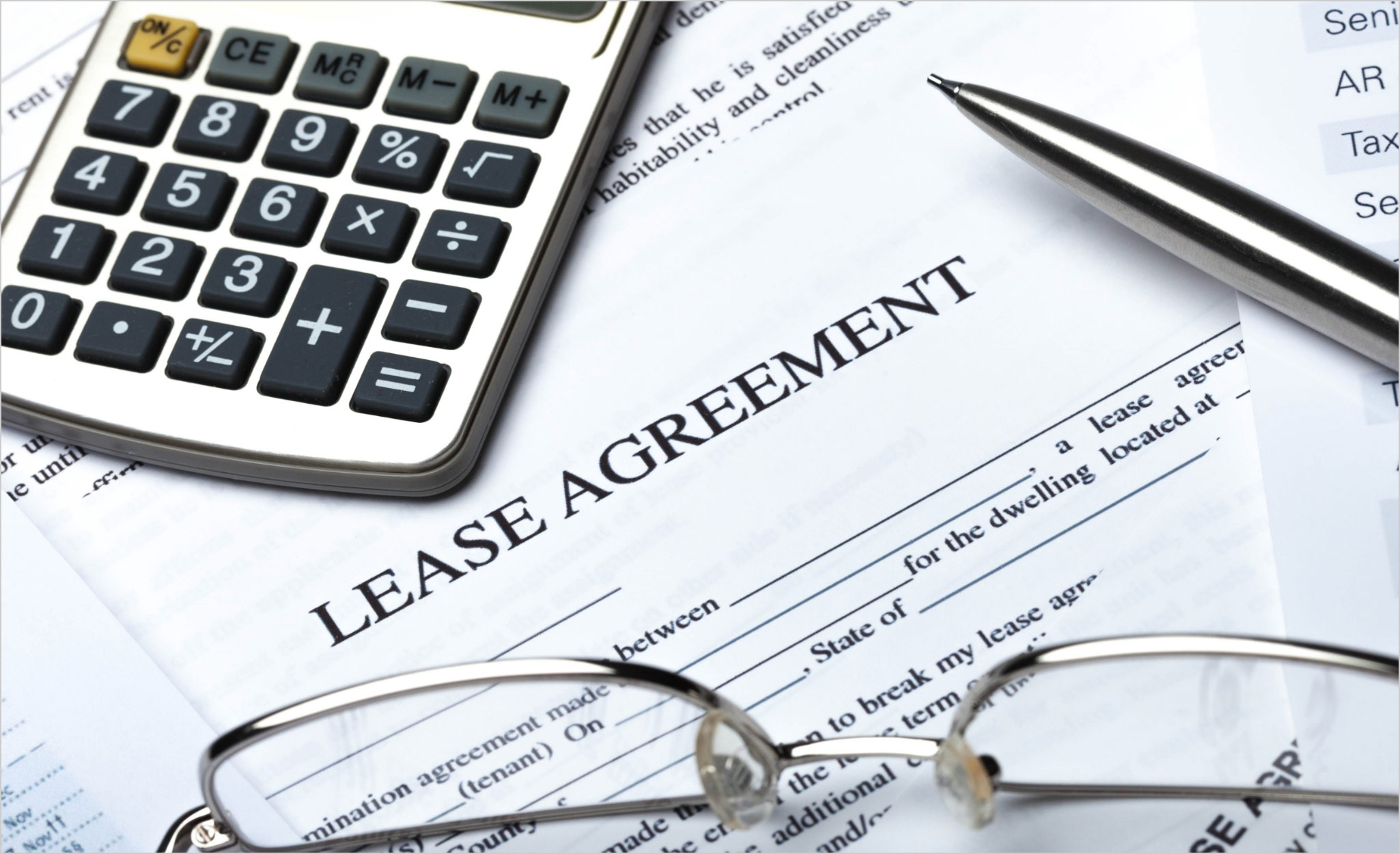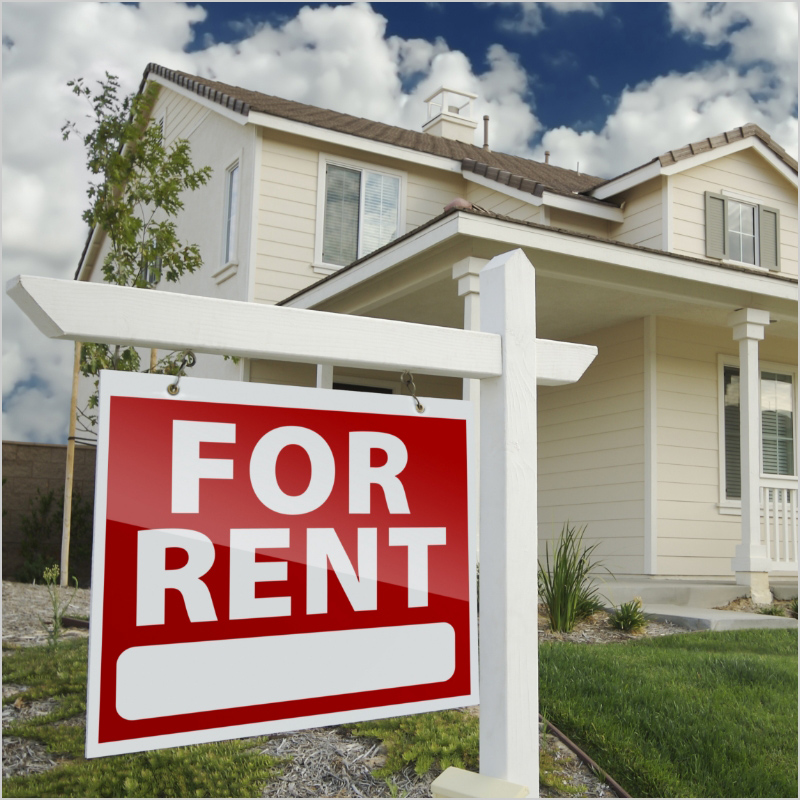The Keys to Successfully Managing Rental Properties

Last updated August 12, 2024
Earnings from rental properties are considered passive income but maximizing return requires active management. The key to successfully managing rental properties is providing the best possible home to the best potential residents.
This guide reviews how to successfully manage rental properties, including tips on residents and finances. It also addresses whether to use a management company, especially when you own a property long-distance.
Table of Contents
What Are the Responsibilities of Managing a Rental Property?
How Do I Manage My Property’s Residents?
How Do I Manage My Rental Income?
How Do I Manage a Rental Property Long Distance?
What Does a Rental Property Manager Do?
More Tools. More Products. More Perks.
What Are the Responsibilities of Managing a Rental Property?

One of the most important parts of income property management is providing the best possible property. Ensure your property is safe, well-maintained and looks its best to protect your investment and retain current residents.
Landlords must provide such necessities as access to clean water, heat and electricity in a fire-safe environment that meets local building codes. Other landlord responsibilities include:
- Providing working safety equipment, including fire extinguishers and smoke and carbon monoxide detectors
- Ensuring the property is free from pests and lead-based paint
- Ensuring that locks are changed before the new resident moves in
Landlord maintenance and repair responsibilities include:
- Plumbing repairs, from pipes to toilets
- Electrical maintenance such as fixing broken outlets
- HVAC repairs to broken furnaces and water heaters
- Keeping up amenities like dishwashers and other appliances
- Mold prevention and correction
- Safety repairs, like correcting door locks
In addition, property managers are responsible for the upkeep of all common areas. These include everything outside the resident's apartment door: parking lots, stairwells, elevators, laundry rooms, corridors between units and swimming pools.
Between renters, a landlord must also repair any wear and tear caused by the previous residents. Normal wear and tear is defined as everyday use, such as turning door knobs or walking on carpets.
Project a positive image with high curb appeal to attract new residents and minimize turn.
Pro Tip: Potential residents gather most of their rental information through the internet, making your property’s online image extremely important. Curate your property’s internet presence with accurate, up-to-date information and high-quality photographs. Solicit positive online reviews from current or former residents when possible.
How Do I Manage My Property’s Residents?

Another side of managing the rental properties is managing the residents. This includes maintaining open, positive communications.
Begin by screening your potential residents to make sure you’ll be renting to reliable people. Review their rental application, check their past references and make credit and criminal background checks.
Practice open communications with residents and encourage them to do likewise. Keep residents up to date on inspections, maintenance issues and other information about the property. Make sure the residents keep you promptly informed about issues with the property. Solving a small issue early on can save you the cost and headache of dealing with a big problem later.
Property managers have these additional responsibilities regarding residents:
- Disclose the owner of the property if it is other than the landlord.
- Deliver possession of the rental unit or ensure that it’s clean and unoccupied when the new resident moves in.
- Make sure both you and the resident understand and sign a rental agreement.
- Review the move-in and move-out checklists with the resident.
- Provide emergency contact information to the resident.
How Do I Manage My Rental Income?

In addition to managing the property and its residents, you must effectively manage the property’s finances.
- Set rental rates that provide an adequate return on investment while being competitive with comparable properties in your area. See How to Calculate Rent for Your Property.
- Manage the security deposit and make sure the deposit is promptly returned once the residents move out. Some states have laws requiring you to return the deposit amount in 30 days or less.
- Set up a rental agreement and agree on the methods for collecting rent.
- Make sure the rental agreement includes a fair policy for late rent penalties and stick to it.
- Understand your area’s tax laws and pay promptly.
- Pay the property’s additional expenses, including insurance, employee salaries and other bills.
- Give advance notice before raising rent. Most states require a 30-day notice, although some require 45 or 60 days.
- Keep thorough and well-organized records, including all lease agreements and rental receipts.
Pro Tip: Charging too much for rent or spending too little on maintenance may offer short terms gains but can cost you money in the long run. A high rental rate can lead to longer vacancies and increased turn. A poorly maintained property with low curb appeal will be less likely to attract or retain residents, especially in competitive markets.
How Do I Manage a Rental Property Long Distance?

When you own properties located a significant distance from where you live, effective property management becomes even more important. Whether you rent out a seasonal residence or own properties thousands of miles away, it is crucial to be organized and attentive to detail.
- Make sure your property complies with all local laws. Do not assume that the place where you live has the same laws as your long-distance rental property.
- The farther you are from your property, the more important it becomes to select and screen trustworthy residents.
- Checking in with your residents is always a good policy and becomes even more important over long distances. Use texting, email, phone calls or video conferencing to check in at least once a quarter. You can even access smart home devices at long distance, such as monitoring security cameras on the property.
- Simplify rent collection by collecting payments online instead of by cash or check. Options include paying through email, mobile devices, wire transfers and automatic payments. Consider offering a discount to residents who sign up for automatic withdrawals.
- Visit and inspect the property at least once a year. Consider those travel expenses part of the property’s operational budget.
- Hire someone you trust to be an on-site representative who can answer questions if problems arise. A property manager or property management company becomes useful in situations like this.
- Cultivate relationships with the property’s neighbors to stay informed about the area. They also may be helpful in case communications with the residents or property manager break down.
What Does a Rental Property Manager Do?

Owners hire property managers to handle the daily operations of a rental property. A property management company can oversee a single home or multiple properties in an owner’s portfolio.
Owners can negotiate specific responsibilities with their property managers. Depending on your preferred level of involvement with the property, you might want to hire a full-time manager or pay for specific services “a la carte.”
Many property managers are paid about 10% of the property’s monthly rental income, but this is negotiable based on the services.
Hiring a property management company offers multiple benefits:
- Convenience to the owner by handling such details as marketing, screening residents, supervising employees and collecting rent
- Experience and expertise in management and local rental laws
- Ability to manage multiple properties or properties located a significant distance from the owner
- Responsiveness to residents when making repairs and answering questions
Hiring a management company can have potential drawbacks:
- Expense. Before hiring, make sure your property generates sufficient income to make the decision cost-effective.
- Complexity of property management contracts.
- Reducing owner involvement in the property can be a drawback if you prefer a more hands-on approach.
Pro Tip: Determine how much the property manager will cost and whether the hire will incur any savings. Calculate your property’s monthly income and compare it to its monthly expenses. Make sure the property remains profitable or provides the return on investment you desire with a property management hire.
More Tools. More Products. More Perks.

Be more competitive and boost your bottom line with Pro Xtra, The Home Depot's loyalty program built for Pros. Sign up today to access the enhanced Pro Online Experience, built with the online business tools and time-saving features Pros need.
When ordering maintenance and repair supplies for your property, use a free Pro Xtra membership to create a quote and lock in pricing.

































